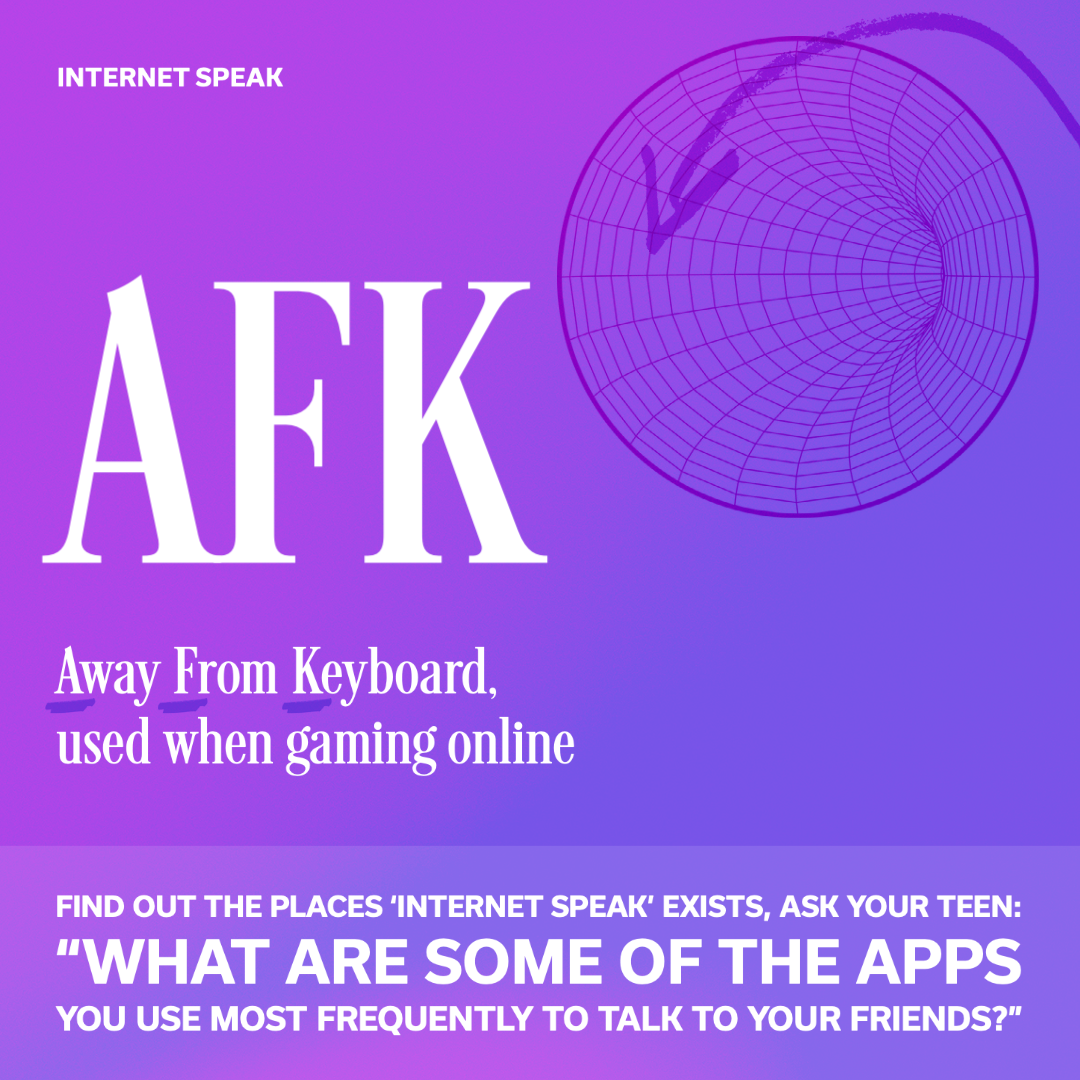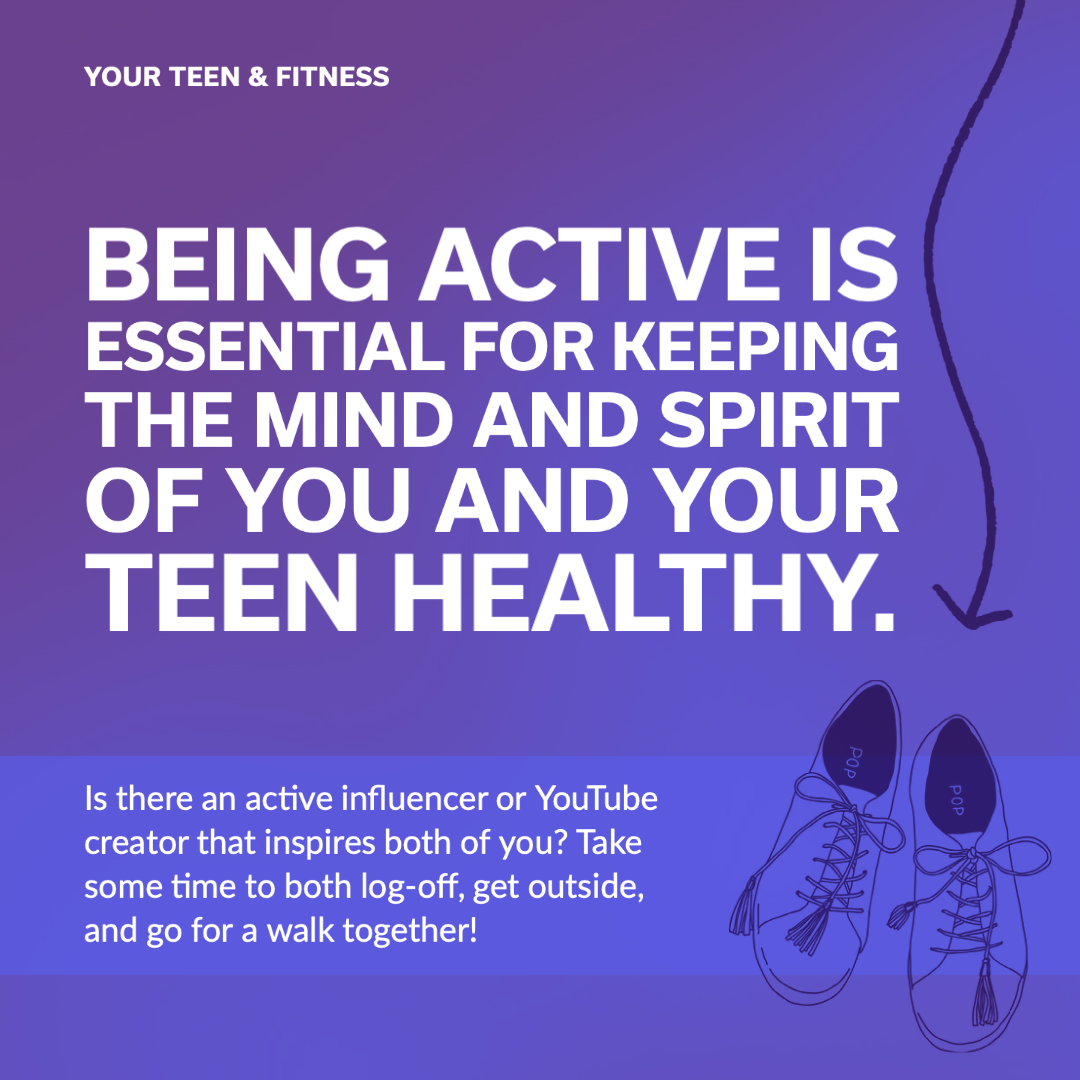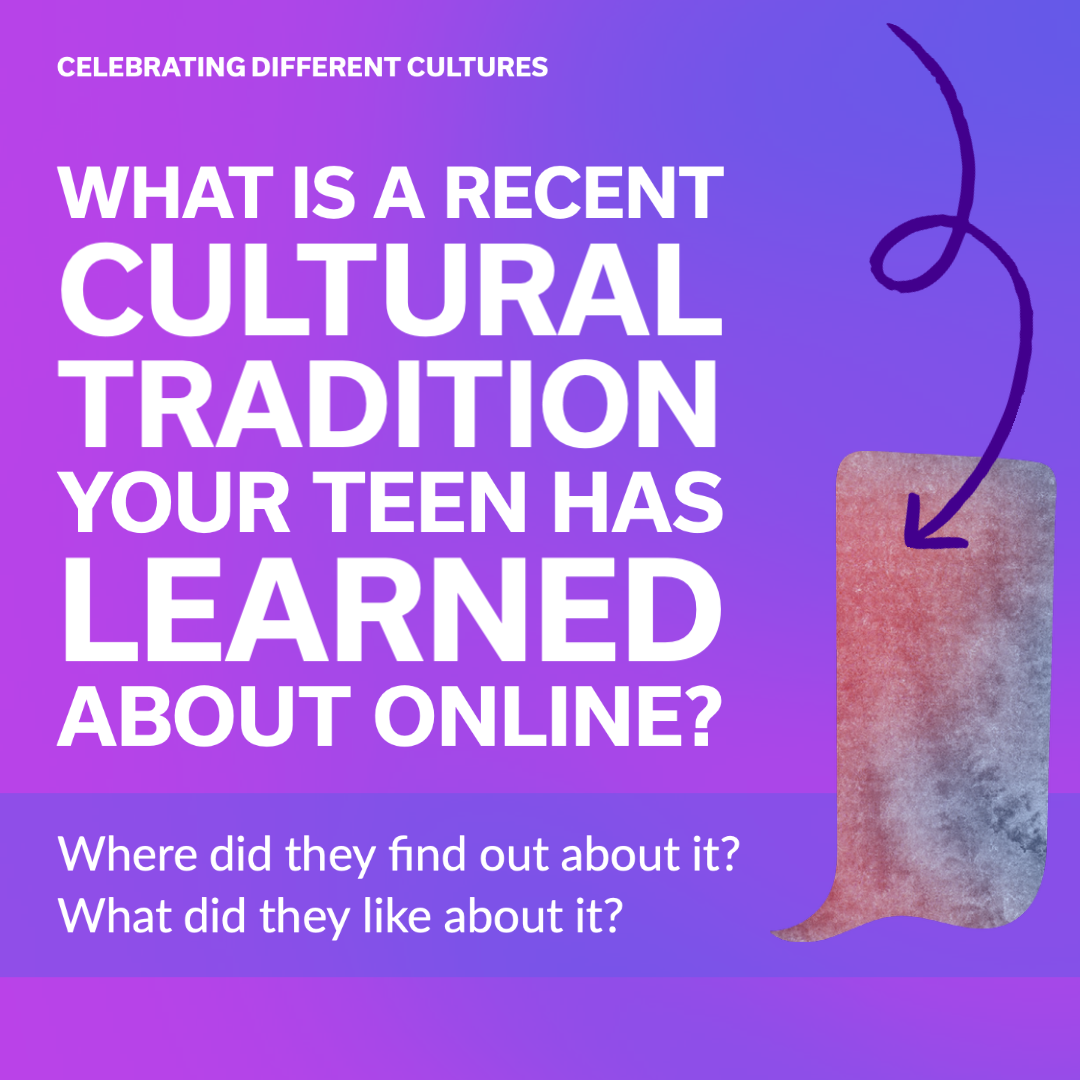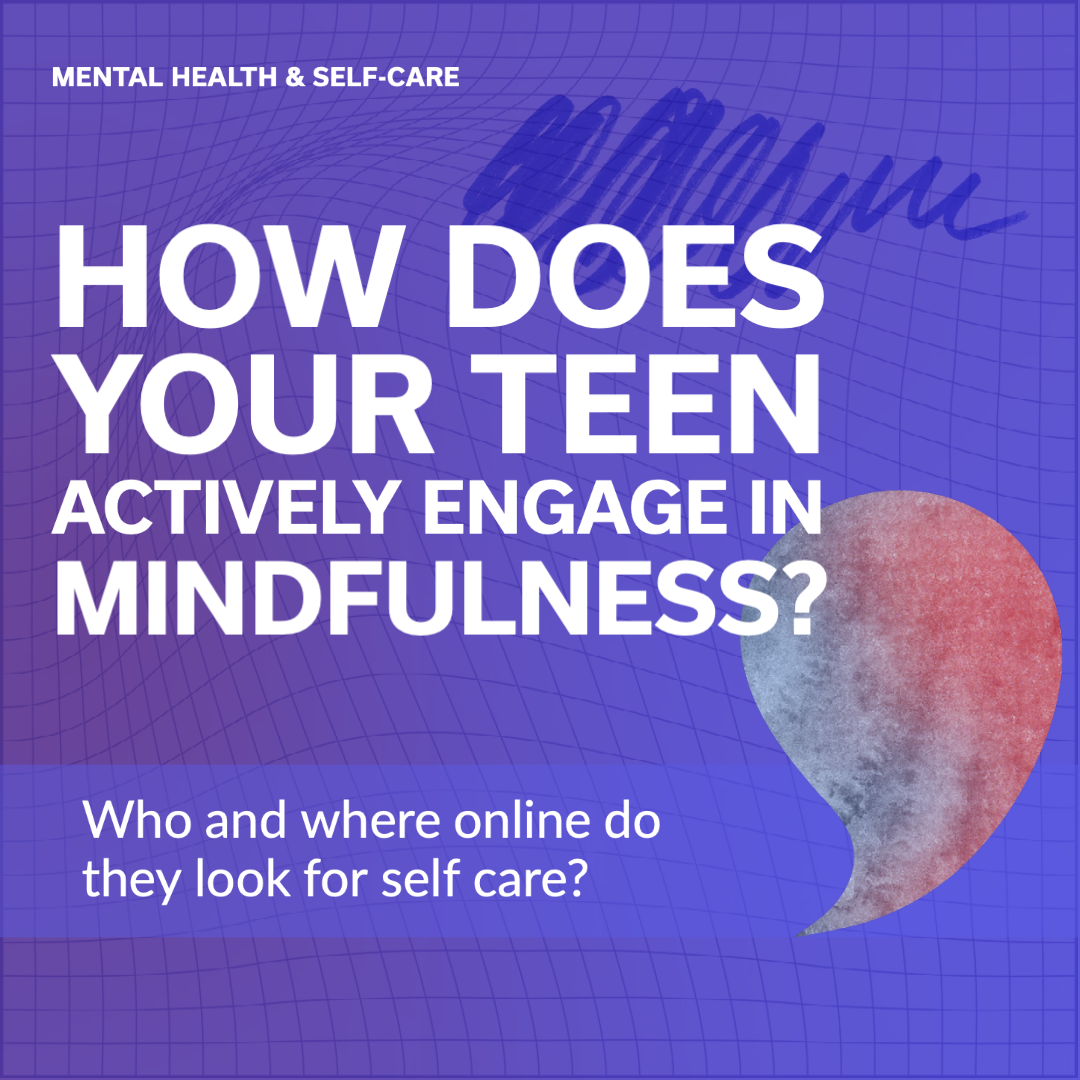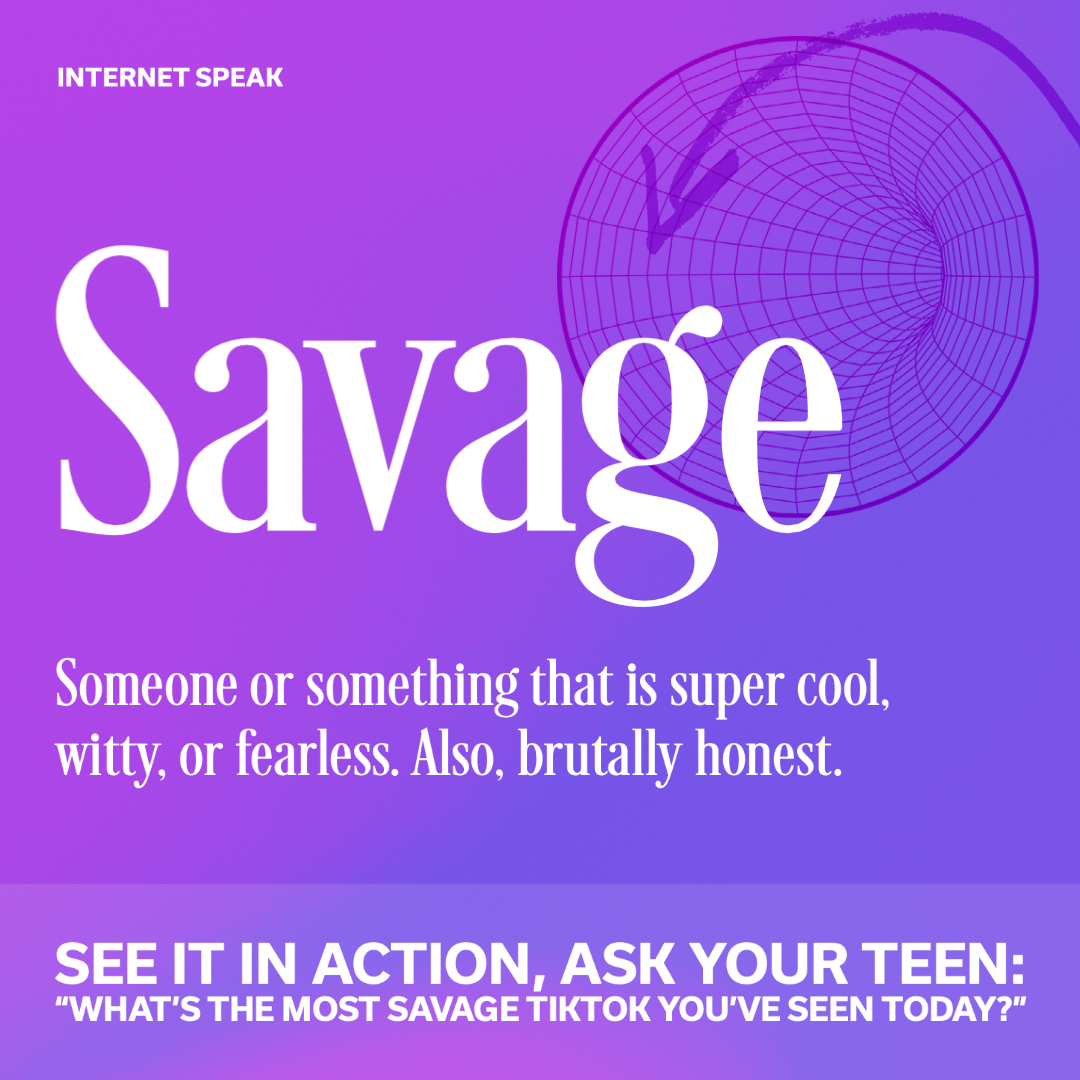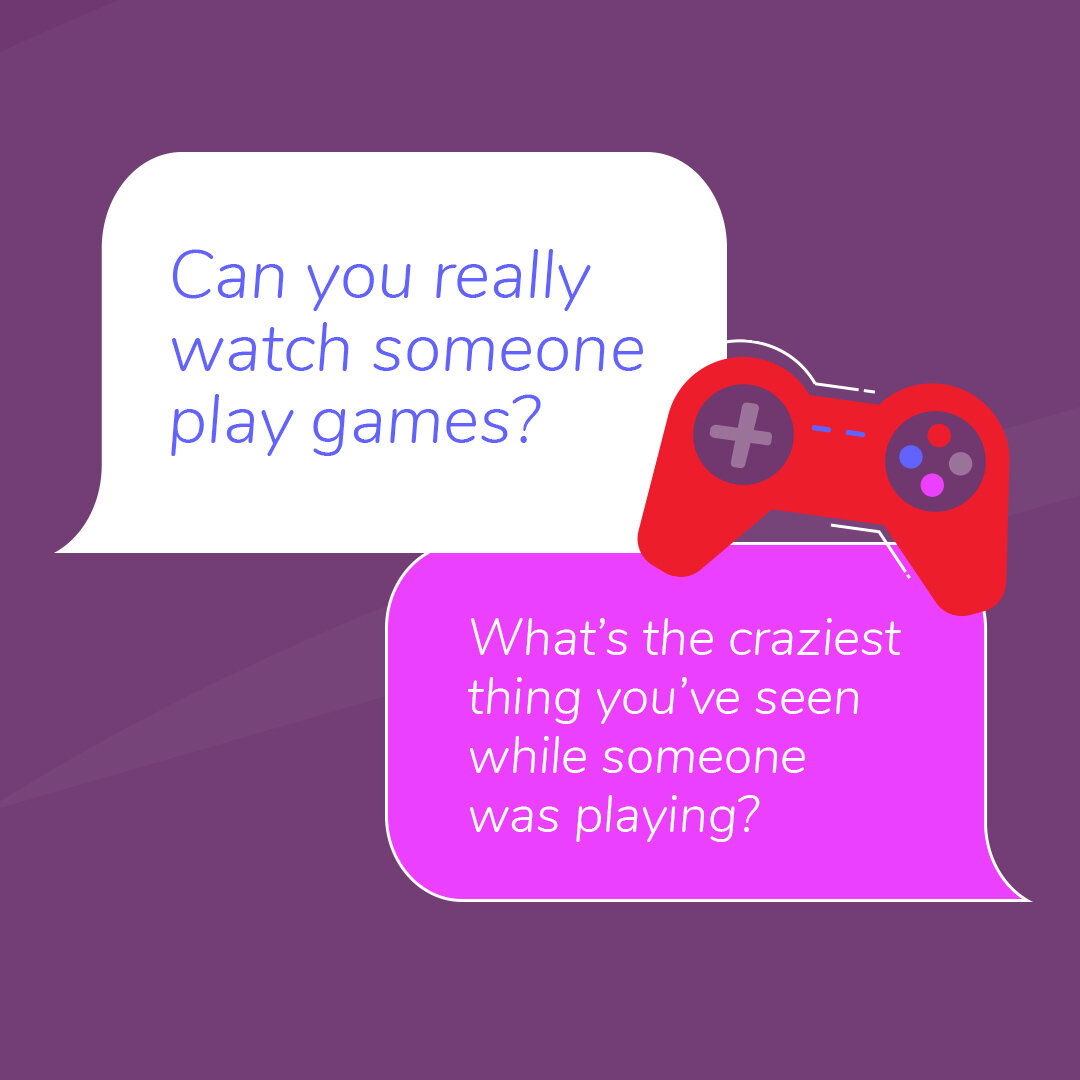
IT’S TIME TO GET

ABOUT PROTECTING KIDS ONLINE
Our kids are growing up in a digital world. Children and teens are on their phones and laptops nonstop. But all that screen time could be putting any child at risk. Online, it’s harder to tell if people are really who they say they are. It’s our job to help kids recognize who their real friends are – and aren’t.
REAL FRIENDS DON’T…
Real friends don’t pretend to be something they’re not. Real friends don’t make you feel uncomfortable. Real friends don’t ask for sexually explicit pictures. With everything going on today, you can’t be there for every click.
To help kids navigate their time online, here’s how you can keep your family safe:
 aise the topic of online safety with your kids.
aise the topic of online safety with your kids.
START THE CONVERSATION EARLY AND ENGAGE OFTEN >
 ducate yourself on the technology they’re using.
ducate yourself on the technology they’re using.
 ct if something makes you or your child uncomfortable.
ct if something makes you or your child uncomfortable.
 earn all you can.
earn all you can.



aise the topic of online safety with your kids.
Chat with them often about what they’re doing online and what inappropriate online behavior looks like. Make it a normal part of everyday conversation. By starting early and staying open, you let kids know they can come to you if something feels wrong.

DUCATE YOURSELF ON THE TECHNOLOGY THEY’RE USING.
Especially now, screen time for kids is increasing. It’s where they find school, friends, games, movies, jobs. It’s important to know the apps, games and social media your kids use. Have them show you how to use those platforms, so you understand them too.



ct if something makes you or your child uncomfortable.
Check in with your kids often to see what they’re doing online. If you or your child don’t feel comfortable, close the computer, app or phone. Learn more or report an incident to the National Center for Missing and Exploited Children’s (NCMEC) CyberTipline or call 1-800-843-5678.

EARN ALL YOU CAN.
It pays to stay alert to what your kids are interested in, especially as their screen time increases. Keep up to date on new apps and games – and how kids are using them.


GET THE CONVERSATION STARTED
You have a lot going on. We get it. But talking to your child about online safety can – and should – be a regular part of life. You want to create an open dialogue, so avoid sounding judgmental or threatening. And keep it on their age level.
Here are some simple ways to bring up the topic.

KNOW THE PLATFORMS
From TikTok to Kik to Twitch, the digital world is full of new technology and it’s changing all the time. Learn about the most common apps, games and social media. Of course, ask your child to explain them to you too. You’ll find out a lot just seeing them in action. The more you know, the better you can protect your kids.
Here are some of the platforms your kids and teens are most active on:
 BeReal
BeReal
BeReal is a social media platform which notifies all of its users at the same time to share a photo of what they are doing in that exact moment. The app was created to promote authenticity on social media, in contrast to highly edited and often unrealistic media on apps such as Instagram and TikTok. BeReal photos can only be seen by users’ friends, and the app allows users to share reactions and comments to their friends’ photos. All BeReal photos are saved in users’ ‘memories’ section, allowing them to view previously BeReal photos. If users wish to remove friends, delete a BeReal, or delete a Memory, they can do so in the BeReal Help Center.
 Discord
Discord
Discord is an instant messaging platform allowing users to communicate with each other with voice or video calls, text messaging, private messaging, as well as sharing files and media through private chats or through communities called “servers”. Discord has developed tools to provide users with the ability to control their settings and avoid unwanted experiences, as well as specific pages for helping your teen stay safe and how to talk about online safety.
 Gas
Gas
Gas is a social media app catered primarily towards high school students which allows users to answer polls about their friends (e.g. Who should start a band?). Users who are selected receive a Flame, which is color-coordinated to indicate the gender of the user that selected you. These polls are anonymous, but users can reveal who selected them in a poll by paying to upgrade to God Mode. All polls are sent by friends, phone contacts, or classmates from the user’s school (which is linked to the user’s account upon set-up). The Safety Center indicates that location data is not linked to users’ accounts and that direct messaging is available.
 Instagram
Instagram
This is a visual platform that allows users to share images, live stories as well as live video content. Instagram offers both a family resource center, and a comprehensive guide of how to check their kids privacy settings. Meta, owner of Instagram, also offers information on minimizing and responding to sextortion.
 Kik
Kik
Kik is a smartphone messenger application that lets users send texts, pictures, GIFs, videos, sketches, and more all within the app. Kik uses your existing Wi-Fi connection or data plan to send and receive messages. Kik also provides a guide for parents on how to monitor their child’s usage and privacy.
 Messenger Kids
Messenger Kids
Intended for kids under the age of 13, Messenger Kids is a free app created by Facebook offering young users the opportunity to connect with friends and family in a more limited environment. Operated through the Facebook account of a parent or caregiver, all interactions and activities can be monitored and managed. Meta, owner of Messenger Kids, also offers information on minimizing and responding to sextortion.
 Minecraft
Minecraft
Minecraft is a ‘choose-your-own-adventure’ game available on both PC/Mac and mobile devices. Users are able to construct their own world, either in Creative or Survival Mode, and explore this ‘world’ with friends. In addition to being fun, Minecraft has been recognized for its unique learning benefits, encouraging players to think creatively and practice their math and science skills. To keep users safe while playing, newer versions of Minecraft include the ability to report players, block or hide messages through the Social Interactions page, and disable the chat and multiplayer features. Caregivers can also select specific servers that have been vetted specifically for kids.
 Omegle
Omegle
Omegle was a video-chatting website that randomly pairs users to have one-on-one conversations. The site shut down in November 2023.
 PlayStation
PlayStation
This video game console also has a live chat feature within many of its games. PlayStation encourages parents and family managers to create separate accounts for their children and set unique preferences for each.
 Roblox
Roblox
Roblox has become a popular game among young users. In a multiplayer environment, Roblox allows users to create their own games, while also playing games created by others. Through the open chat feature, users can communicate with each other with chats being automatically monitored for inappropriate content or any reference to personal information. Parents and caregivers are encouraged to review the Kid Safety and Community Guidelines, as well as set additional safety settings and monitor interactions.
 Snapchat
Snapchat
Snapchat is an app that lets you easily talk with friends, view Live Stories from around the world, and explore news in Discover. With safety as a priority, Snapchat is deliberately built differently than traditional social media. Unlike other platforms, Snapchat doesn’t allow public comments, and their default settings mean a Snapchatter can only receive messages from people who they’ve added as a Friend. Checkout their extensive family center, parent guide, community guidelines or subscribe to their in-app Safety Snapshot channel to learn more about the app and how to make sure your child is staying safe on Snapchat. You can also reach out to their safety team via their support site.
 TikTok
TikTok
TikTok is a popular content sharing platform, mainly to consume and engage with short-form video content. The platform also encourages parents to enable controls to help your teen be safe and get the most out of their experience.
 Twitch
Twitch
Twitch is a live streaming platform, most popular in the gaming community, but is gaining popularity among mainstream users as well. People can communicate with others in chat rooms or through private messaging.
 Wattpad
Wattpad
Wattpad is a digital media platform enabling individuals to write and share stories with other users. The site is most often used by young adults who are interested in writing stories of their own or adapting those that have already been published. Assumed to be a harmless platform, there have been numerous reports of harmful content, grooming, and exploitation of young users while using the platform. Wattpad does provide Content Guidelines, however, we encourage you to speak directly with your kids about what content is age-appropriate for them to read or write.
 WhatsApp
WhatsApp
WhatsApp is a mobile messaging app where users can exchange messages and pictures without having to pay messaging fees. This is messaging platform is popular internationally as it only requires Wi-Fi for use.
 Xbox Live
Xbox Live
Xbox has a live chat features that allows players to communicate online and meetup with other users to play. Xbox maker, Microsoft, also has family settings and parental controls that can be enabled on each individual users account. Read the steps in how to enable parental controls here.
 YouTube
YouTube
YouTube is a video sharing platform which allows users to create content and post videos that can be liked, disliked, commented on, and shared. YouTube is a popular platform used for many reasons but has skyrocketed in popularity as those who enjoy playing, and watching others play, video games turn to YouTube for entertainment. YouTube provides teen resources, parent resources, and has a variety of privacy features to promote a safer, more informed online environment. Google, owner of YouTube, has a resource called Families and a tool called Family Link that can enable online safety features across all Google-owned platforms.
 Yubo
Yubo
Yubo is an increasingly popular app among teens used to meet friends and engage with others who have similar interests. Divided into two communities by age (13-17 years) and (18+ years), users can livestream and interact with one another. Yubo’s online Safety Center provides parents with answers to frequently asked questions and concerns.

RESOURCES
Canadian Centre for Child Protection
The Canadian Centre offers information about the ever-changing online interests of children, the potential risks they face, and the proactive strategies to help keep your child safe while online.
National Center for Missing and Exploited Children: NetSmartz
NetSmartz provides age-appropriate videos and activities to help teach children to be safer online with the goal of helping children become more aware of potential online risks and empowering them to help prevent victimization by making safter choices on – and offline.
Human Rights Campaign
Understanding the importance of online community for LGBTQ+ youth will help you connect with your child and create a plan to keep them safe.
Internet Matters
Learn about the potential online harms to LGBTQ+ youth and practical responses that go beyond “stranger danger”.
Internet Matters also offers a hub of inclusive digital safety resources for parents and caregivers of LBGTQ+ children. This guide provides practical tips for building a safe online experience for your LGBTQ+ child and making sure they feel comfortable coming to you for help.
Polaris
Understanding the realities of sex trafficking will help you not only keep your own children safe but to become an effective advocate for the safety of all children and families in your community.
Thorn
Learn more about online grooming and how to keep your child safe from the dangers that present themselves online.

WHO WE ARE
The McCain Institute is working to make a difference in people’s lives across a range of critical areas including combatting human trafficking and exploitation. Online exploitation of children and teens is one entry point for human trafficking. That’s why we’re helping parents and caregivers recognize the risks and the steps to take to keep their kids safe. It’s part of our Combatting Human Trafficking program, aiming to educate, raise awareness and implement action-based solutions to end modern slavery in the U.S. and abroad.



